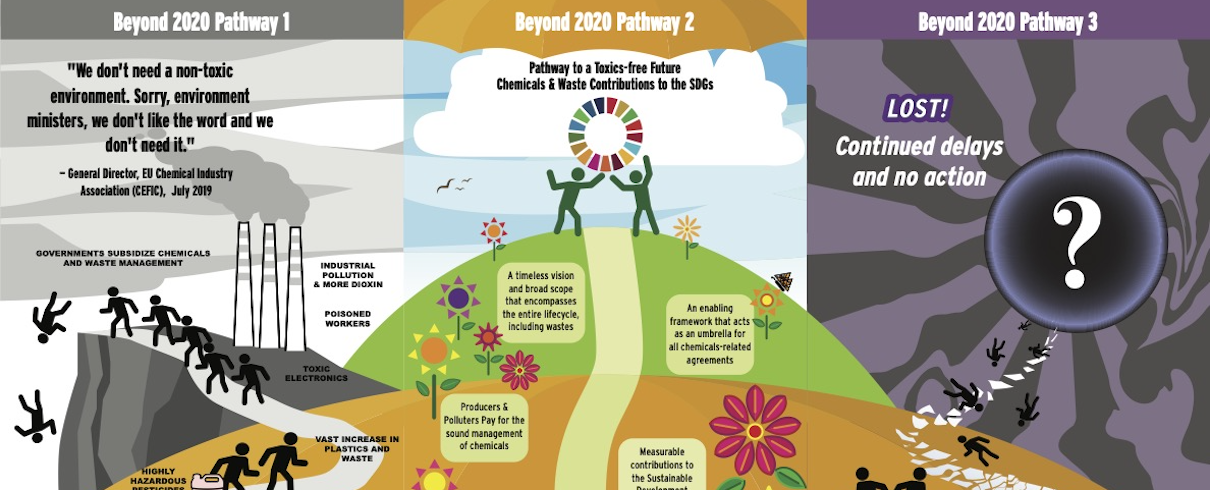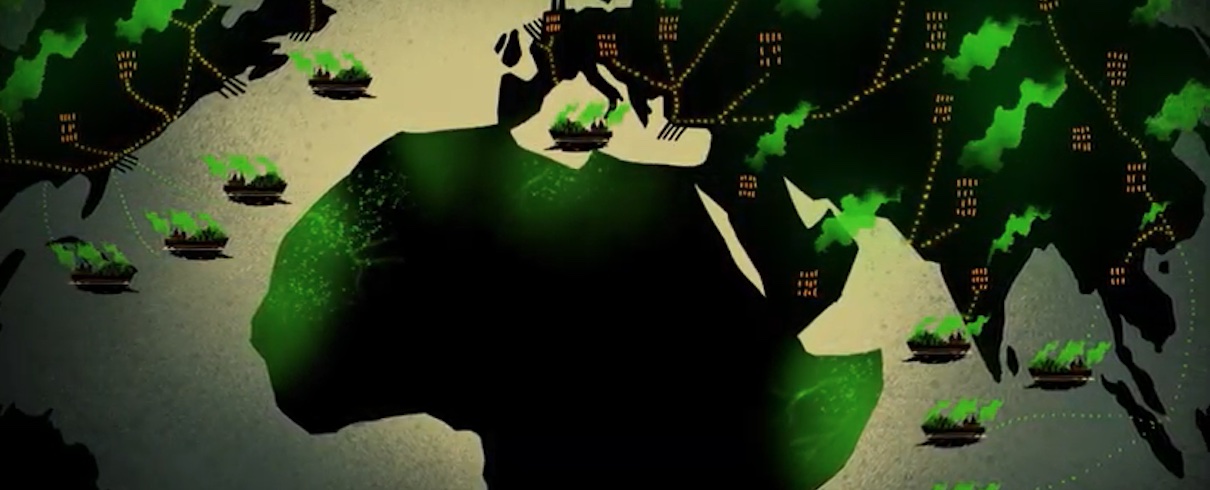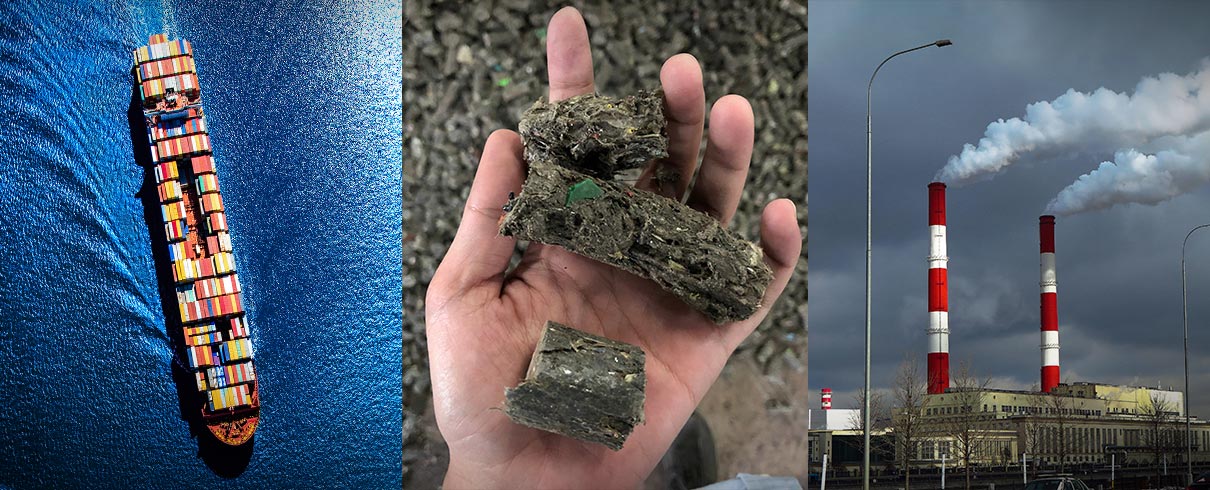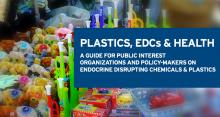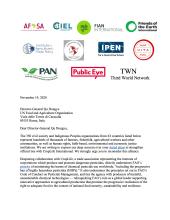https://www.theeastafrican.co.ke/tea/news/east-africa/toxic-pollutants-f...
Excerpted from The East African. Click here to read the report.
By PAULINE KAIRU
Eggs from chickens that forage around waste yards and plastic burning sites are a risk as they have been found to contain high levels of persistent organic pollutants (POPs).
Studies carried out in Kenya and Tanzania found high levels of POPs in the eggs from such chickens, pointing to an environment polluted with chemicals, including banned and current-use plastic additives and chemicals created from burning plastics.
The study, “Plastic waste poisons the food chain in Kenya and Tanzania” was done to monitor persistent organic contaminants for human health and food.
In Kenya, the study was done with eggs produced by hens in the vicinity of a school community cooker in Mirema, Nairobi, that burns plastic waste for fuel. In Tanzania, it was carried out with free-range chicken eggs at households in Pugu Kinyamwezi located next to a large municipal solid waste dumpsite on the south-western edge of Dar es Salaam.
The study spearheaded by IPEN and local environment watchdogs — Centre for Environmental Justice and Development (CEJAD) in Kenya and Agenda for Environment and Responsible Development (Agenda) in Tanzania — found the eggs contained dioxins and POPs like brominated flame retardants.
